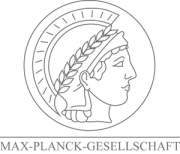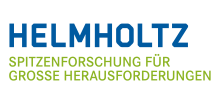Affiliated institutes
The so-called affiliated institutes form the link between the university and the working world. They are independent institutions, externally funded, and they maintain close links with the research being carried out in the university’s departments. They are also involved in training young researchers.
- Academy of Manual Medicine [de]
- Center for Hospital Management [de]
- Ehrenpreis Centre for Swift Studies
- Freiherr vom Stein Institute [de]
- Institute of Applied Information Technology [de]
- Institute of Education in Psychological Psychotherapy [de]
- Institute for Comparative Urban History [de]
- Institute of Customs and International Trade Law
- Institute of Westphalian Church History [de]
- Central Institute of Spatial Planning [de]
- Willibald Gebhardt Institute
- Research Institute for Philosophy of Law [de]






